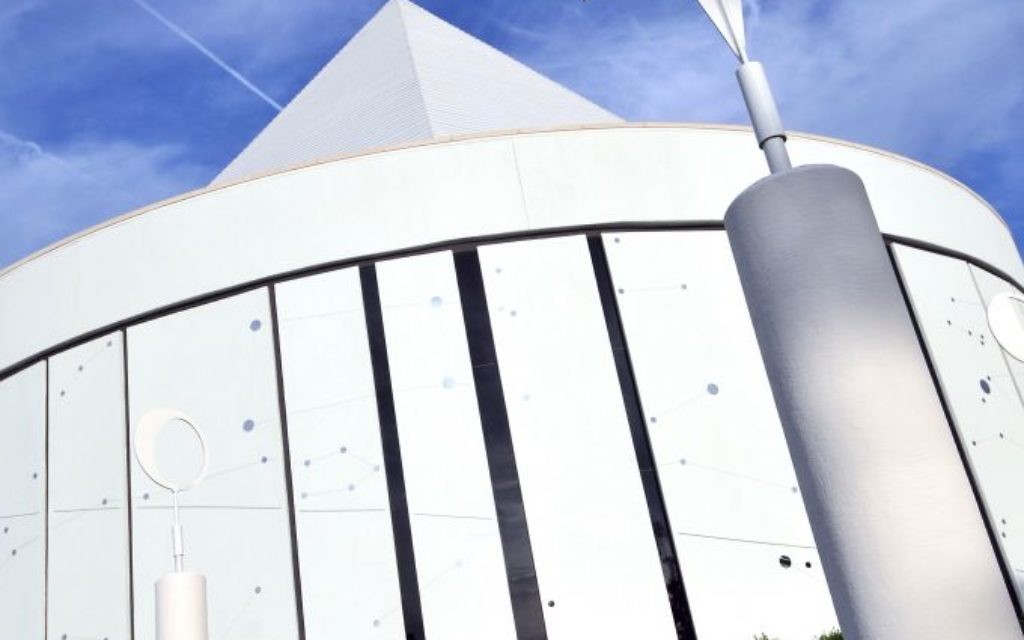TravelRabun County Outlines Safety Precautions
Tips for Viewing Solar Eclipse
The eclipse will be 96 percent total in Atlanta and other fun facts.
Rabun County is expecting more than 50,000 people to visit during the weekend through Monday, Aug. 21, to view the Great American Eclipse.
The county is partnering with the Georgia Department of Transportation, the Georgia State Patrol and the Georgia Emergency Management Agency to control traffic.
Because Rabun is in the mountains, navigating is tricky in some areas. Chief Deputy Sheriff Mark Jones said he has outlined some safety precautions for eclipse visitors:
Get The AJT Newsletter by email and never miss our top stories Free Sign Up
- Drive safely. Parking is at a minimum because of the limited number of flat areas, so take shuttles when they are available.
- Tents, coolers and alcohol are not allowed at the Rabun Gap-Nacoochee School.
- Bring a chair.
- Do not look up at the eclipse if you’re not on flat ground; find a safe, secure spot to look up at the blocked sun.
- Always wear special glasses when the eclipse is not in totality.
- Follow the instructions of authorities at each event.
Some facts about the solar eclipse:
- The eclipse will be 96 percent total in Atlanta.
- You can see the corona of the sun only if you are in the path of totality.
- Only those in the path of totality will experience complete darkness.
- Jupiter, Venus, Mars and Mercury will be visible in the path of totality.
- The total eclipse will arch across 11 states — Oregon, Idaho, Wyoming, Nebraska, Kansas, Illinois, Kentucky, Tennessee, Georgia, North Carolina and South Carolina.
- If you are not in the path of totality, it is not safe to look directly at the eclipse without special glasses.
- It is safe to look directly at the eclipse without special glasses during full totality.
- The last total eclipse visible in the United States was in 1979, although one was visible in Indonesia in 2016.
- The next full solar eclipse for the United States will be April 8, 2024.
read more:





comments